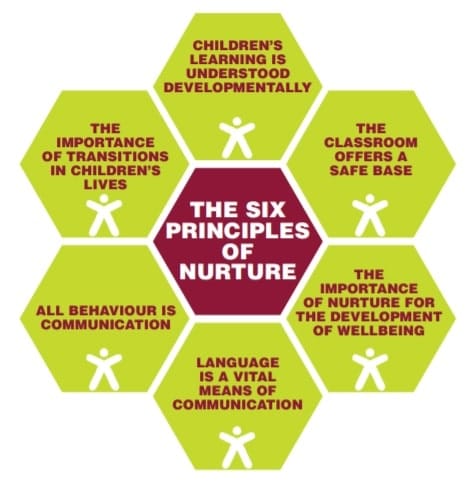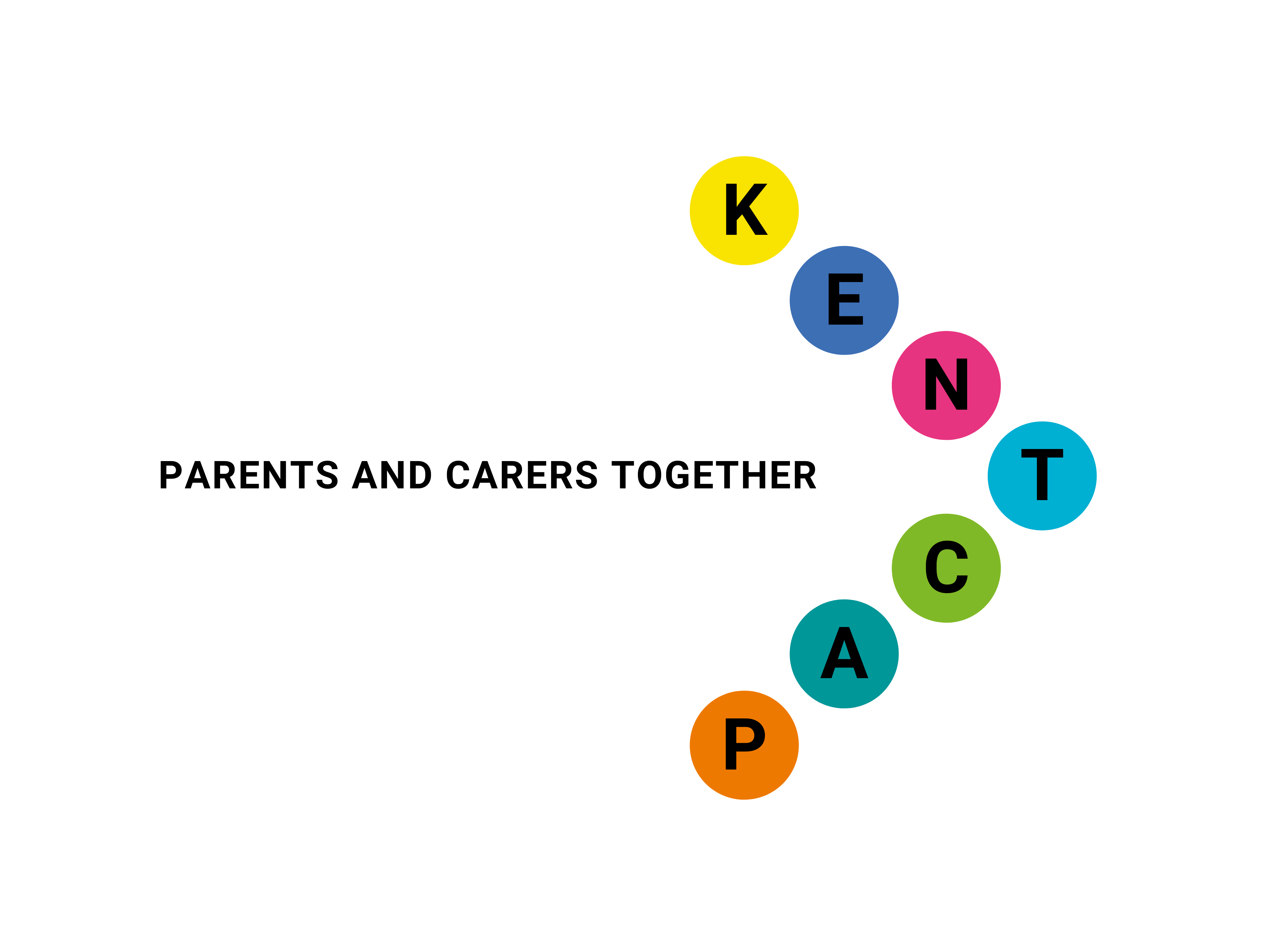Special Educational Needs
SEND at West Borough Primary School
West Borough Primary School is committed to providing an appropriate and high quality education to all the children at the school. We believe that all children, including those identified as having special educational needs have an entitlement to a broad and balanced academic and social curriculum, which is accessible to them, and to be fully included in all aspects of school life.
We believe that all children should be equally valued in school. We do not tolerate prejudice and discrimination, and work to develop an environment where all children can flourish and feel safe.
We are committed to the inclusion of all children. We aim to encourage a sense of community and belonging, and to offer new opportunities to learners who may experience difficulties.
We believe that educational inclusion is about providing an equitable opportunities for all learners, whatever their age, gender, ethnicity, impairment, attainment and background.
We work hard to ensure that Special Educational Needs are identified early, in order for us to create the ideal learning environment for each child.
We work closely with outside agencies, which allows us to seek support and/or advice when we need to. Staff work closely with parents to share information. Our SENCO is Gemma Jury-Sofi. She can be contacted at senco@west-borough.kent.sch.uk or via the school office on 01622-726391.
To view the SEND strategy from KCC, click here
To view Kent's local offer, click here
The Mainstream Core Standards
The mainstream core standards provides a framework for schools to support children and young people with SEND. This is further supported by the county wide approach to inclusive education, which details the plan in moving forward in making sure SEND children and young adults are included in mainstream education.
The document has been co-produced with parents, children and young adults, schools, specialist teachers, educational psychologists, colleagues from health and the local authority.
To view the Mainstream Core Standards, click here
To view the Parents Guide to the Mainstream Core Standards, click here
Partnership for Inclusion and Neurodiversity in Schools (PINS)
Partnership for Inclusion of Neurodiversity In Schools (PINS) Project
Kent PACT is the recognised Parent Carer Forum (PCF) in Kent, representing children, families, parents, and carers with Special Educational Needs and Disabilities (SEND) across the county. The Partnership for Inclusion of Neurodiversity in Schools (PINS) project is a programme of work being rolled out in partnership with the local authority (Kent County Council) and the local Health Service through the Integrated Care Board (ICB). The project is designed to strengthen relationships between schools and the parents and carers of neurodivergent children.
How will the project PINS help my child?
PINS will help your child by improving their school environment and helping schools adapt the way they do things to meet your child’s needs (which could include mental health, speech and language and physical and sensory) to help them learn and take part in all aspects of school life.
PINS will help all pupils in school – children don’t need a formal diagnosis to benefit from this project.
How will the PINS project help parents?
PINS will help parents to build strong relationships and improve communication with their child’s school so that they can have more confidence in how the school is supporting their child’s needs.
Parents’ views and experiences are a vital part of this project. Kent PACT (Parents and Carers Together will hold forums like coffee mornings and other events for parents so that they can share their feedback, knowledge and ideas with other parents and their child’s school.
By working together, parents, carers and schools can support each other to give children the best experiences of school.

Nurture
What is Nurture?
Nurture is a tried and tested way of relating to children that helps them develop vital social skills, confidence and self-esteem, and become ready to learn.
The concept of nurture highlights the importance of social environments – who you are with and not who you are born to – and its significant influence on social and emotional skills, wellbeing and behaviour.
The nurturing approach to education offers a range of opportunities for children and young people to engage with missing early nurturing experiences, giving them the social and emotional skills to do well at school and with peers, and to develop their resilience and self-confidence. It encourages pupils to take pride in achieving - addressing the social and emotional needs that can hamper learning.
We are currently working towards our Nurture UK accreditation.
Our Nurture Space
The Lodge is a place where children can address the social and emotional needs that can become a barrier for their learning. It has been proven that children need to feel emotionally secure in order to learn effectively.
There are six principles of Nurture. They are as follows;
- Children’s learning is understood developmentally
- The classroom offers a safe base
- Nurture is important for the development of self-esteem
- Language is understood as a vital means of communication
- All behaviour is communication
- Transitions are significant in the lives of children
Through Nurture we aim to develop positive social experiences and relationships with peers and adults. To provide opportunities to understand emotions and develop children’s self-worth, confidence, trust and adaptability. We will support children to understand their emotions and behaviours and develop strategies to self-regulate these emotions and anxieties.





































